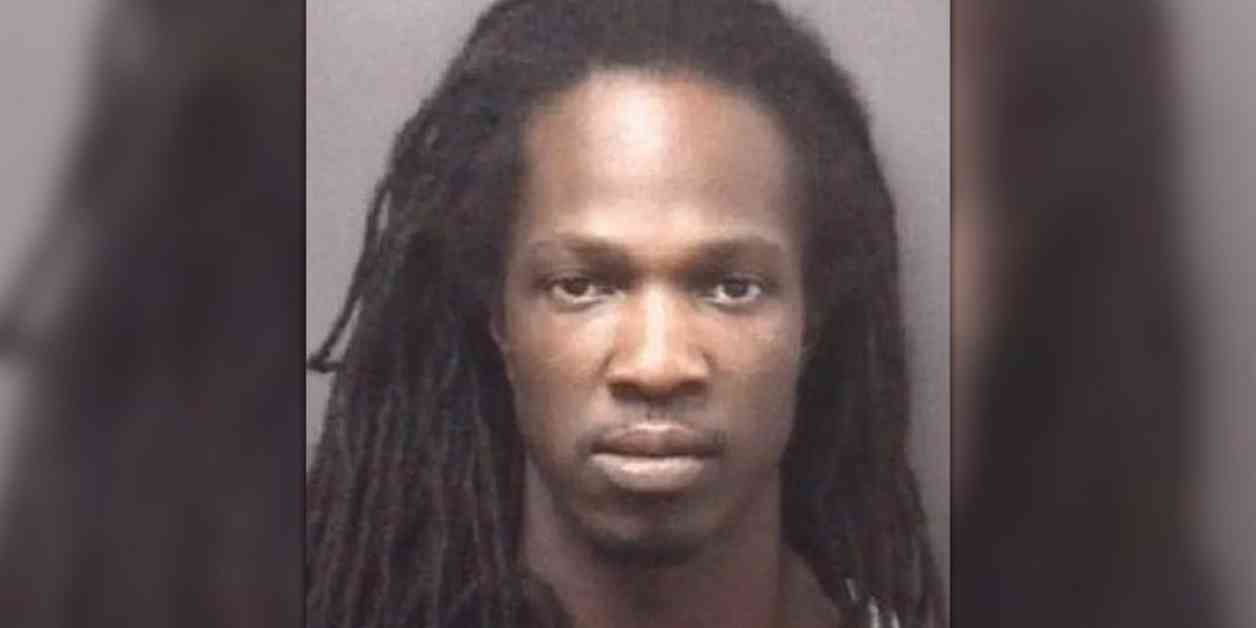Brandon Council, the South Carolina man convicted of the brutal double murder of two bank employees in 2017, is now seeking a “compassionate release” following President Biden’s decision to commute his death sentence. Council, 28, was found guilty in September 2019 of the 2017 murders of bank employees Katie Skeen, 36, and Donna Major, 59, at a Conway bank. His death sentence was later commuted to life in prison by Biden.
Council’s Plea for Compassion
Council recently filed a motion in the U.S. District Court in Florence, asserting that he had endured “severe, unnecessary, and unjustifiable psychological harm” while being permanently housed in solitary confinement since November 2019. He described his situation as a form of torture and sought release due to these extraordinary circumstances.
Controversy and Outrage
While some have supported Biden’s decision to commute the death sentences of Council and 36 other federal inmates, others have vehemently disagreed. Representative Russell Fry of South Carolina criticized the move as “shameful,” expressing concern for the victims’ families and the message it sends about law and order. Similarly, Representative Dan Meuser of Pennsylvania called the decision “senseless” and criticized the administration’s approach.
Victim’s Family Speaks Out
The family of Donna Major, one of Council’s victims, expressed their anger and frustration at Biden’s decision. Major’s daughter, Heather Turner, and husband, Danny Jenkins, shared their emotions during a Christmas Eve interview, highlighting the pain and injustice they felt at the commutation of Council’s sentence.
The Tragic Events Unfold
Council’s actions on that fateful day in 2017 shocked the community. He spent a week planning the robbery at a Conway bank, ultimately killing both Major and Skeen in cold blood. Council’s prior felony conviction and willingness to commit violence were evident, as he confessed to planning the murders before entering the bank.
As the debate over the death penalty and presidential clemency continues, the impact on victims’ families and the broader justice system remains a point of contention. The controversy surrounding Council’s case underscores the complexities of the criminal justice system and the lasting effects of violent crimes on those affected.
This tragic story serves as a sobering reminder of the pain caused by acts of violence and the challenges faced by those seeking justice in the aftermath. As the legal proceedings unfold and emotions run high, the community grapples with the complexities of forgiveness, punishment, and the pursuit of closure in the wake of such devastating loss.





















